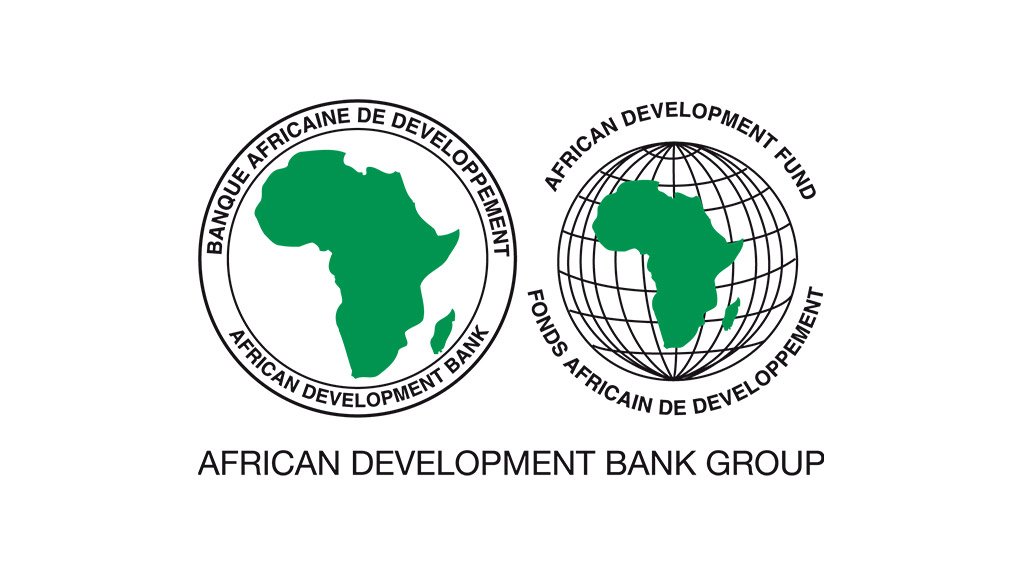/ MEDIA STATEMENT / The content on this page is not written by Polity.org.za, but is supplied by third parties. This content does not constitute news reporting by Polity.org.za.
Ahead of the African Development Bank's Annual General Meeting from 25 - 27 August 2020, the African Climate Reality Project came together with 60 Civil Society Organisations from across the continent to call on the leadership of the Bank to immediately publish a fossil fuel finance exclusion policy and actively support African countries on the pathway to a Just Recovery.
The open letter was sent to the Deputy Director-General of the African Development Bank (AfDB), Mr. Serge N’Guessan, and representatives of the Bank's Civil Society and Social Innovation Division on 24 August 2020. The civil society organisations once again commended the President of the AfDB, Dr. Akinwumi Adesina on his statement in September 2019 that the Bank would be "getting out of coal".
However, the letter made several calls to action, including calling on the Bank to immediately put in place and publish on the AfDB website a fossil fuel finance exclusion policy that states that the bank will not fund, provide financial services or capacity support to any fossil fuel projects on the African continent - and to actively involve civil society in the development of just green recovery and response plans to COVID-19.
The AfDB's Annual General Meeting will be held under the theme of building resilience for a Post-COVID-19 Africa. The signatories of the open letter recognised the Bank's COVID-19 response plan, by providing financial grants as opposed to loans to several African countries. However, given the climate emergency and the short timeline to achieve net-zero emissions, the AfDB can and should do more by officially and definitively disengaging itself from any current or future fossil fuel projects.
According to the Intergovernmental Panel on Climate Change (IPCC), Africa is expected to experience devastating climate change impacts. These impacts are already affecting our continent and its people: hampering economic development, sometimes eroding years of economic progress, exacerbating conflict and gender-based violence, and pushing hundreds of thousands of people every year into forced migration; especially those living in areas affected by desertification and floods. Recent findings made by the UN Office for the Coordination of Humanitarian Affairs (OCHA) reveals that more than 30,000 people have been displaced due to floods in Ethiopia since late July of this year.
These extreme weather events and associated risks threaten the lives and livelihoods of millions of Africans, and the urgency to shift African economies’ dependence on fossil fuel based energy generation to renewable energies has never been more crucial. The bank agrees that the COVID-19 pandemic has shown that Africa's health, socio-economic, and the climate crises are inter-connected.
The pandemic has exposed how current economic policies are insufficient for ensuring a just and equitable economic relief plan for those who are most vulnerable to the pandemic. These economic policies have not only failed to address the climate crisis; they have destroyed the environment by allowing excessive greenhouse gas emissions equal to 152 million tonnes emitted every 24 hours, and contributed to air, soil, and water pollution, as well as biodiversity extinction and ecological devastation.
Experts also show that there are long term prospects for renewables to emerge stronger than ever, especially if governments and major financial institutions such as the AfDB fully integrate support for clean energy into COVID-19 economic recovery programs.
The COVID-19 pandemic, while at the irrevocable cost of over 800,000 lives lost around the world, has presented world leaders with the unique opportunity to bring about ambitious systemic change. This is our chance to rebuild towards a society that can mitigate and adapt to the crises that face us - climate change and pandemics included - and the African Development Bank can and should do more to substantially expand their level of support by increasing Africa's resilience and ambition to leave fossil fuels in the past, and leapfrog to the age of 100% renewable energy and sustainable development.
Issued by The African Climate Reality Project
EMAIL THIS ARTICLE SAVE THIS ARTICLE ARTICLE ENQUIRY
To subscribe email subscriptions@creamermedia.co.za or click here
To advertise email advertising@creamermedia.co.za or click here











